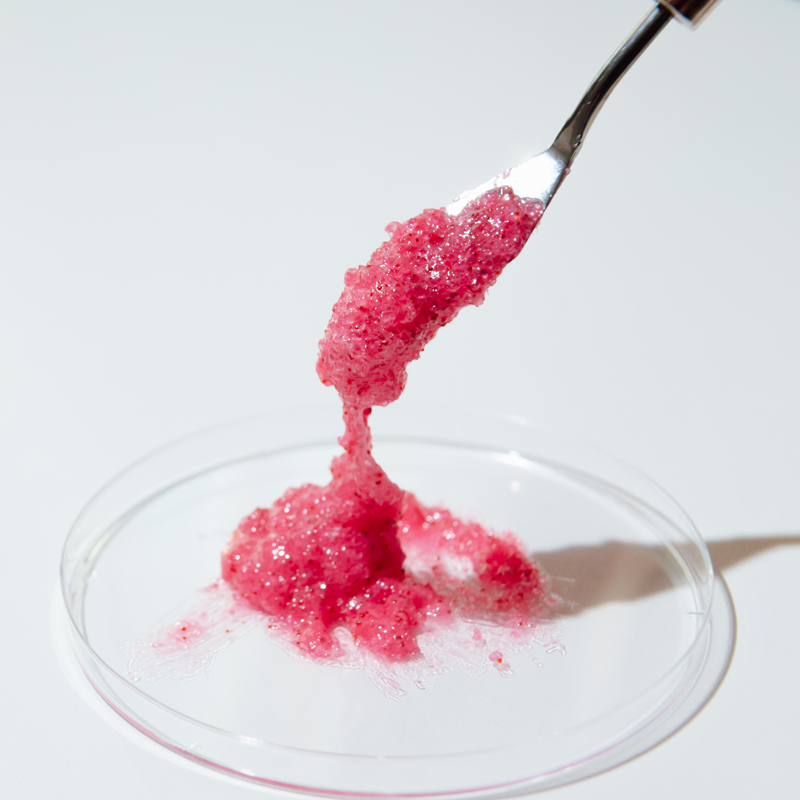
100 gr |
-- |
|
|---|---|---|
| Carbohydrate (gr) | 15.04 |
4928.47 |
| Protein (gr) | 3.59 |
1176.23 |
| Fat (gr) | 12.46 |
4083.43 |
| Fiber (gr) | 1.36 |
445.97 |
| Cholesterol (mg) | 14.64 |
4795.8 |
| Sodium (mg) | 325.27 |
106557.75 |
| Potassium (mg) | 392.16 |
128471.4 |
| Calcium (mg) | 78.15 |
25603.27 |
| Vitamin A (mg) | 46.04 |
15084.01 |
| Vitamin C (mg) | 6.16 |
2019.31 |
| Iron | 0.62 |
203.1 |
Sucralose is the only zero-calorie sweetener derived from sugar, offering a sweetness level approximately 600 times greater than regular sugar. This intense sweetness is achieved through the replacement of three hydroxyl groups in the sugar molecule with chlorine atoms. This structural modification prevents sucralose from being broken down and metabolized by the body, allowing it to pass through unchanged. As a result, it is considered an inert and non-caloric substance. Sucralose dissolves easily in water and remains stable at high temperatures, making it an excellent choice for cooking and baking.
Calories in 100 grams of sucralose are 0 calories.
Taste and Versatility
Sucralose has a taste remarkably similar to sugar without the aftertaste associated with many artificial sweeteners. Its exceptional stability and resistance to heat make it a preferred alternative to sugar in desserts, baked goods, and various beverages.
No Impact on Blood Sugar Levels
Since sucralose is not broken down like sucrose, it does not contribute to blood glucose levels. This makes it an ideal choice for people with diabetes or those looking to control their sugar intake.
No Calories and No Metabolism
Unlike sugar, sucralose provides no energy since it is not metabolized by the body. It simply passes through the digestive system unchanged, making it beneficial for individuals aiming to reduce calorie consumption.
Safe for All Age Groups
Extensive research over 20 years, including more than 100 scientific studies, has confirmed that sucralose is completely safe for consumption. No credible evidence links it to negative effects such as tooth decay, blood sugar spikes, genetic mutations, cancer, immune system issues, neurological disorders, or birth defects. It is considered safe for all populations, including pregnant women, breastfeeding mothers, and children of all ages.
Supports Oral Health
Unlike sugar, sucralose does not contribute to tooth decay. Since oral bacteria do not recognize it as a food source, it does not promote cavities, making it a tooth-friendly sweetener.
Wide Range of Applications
Sucralose is commonly used in dietary supplements, pharmaceutical products, vitamins, and mineral supplements. Its stability and sugar-like taste make it a preferred choice in many health-conscious food and beverage products.